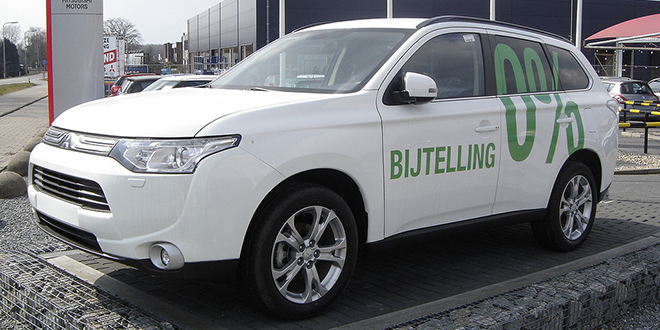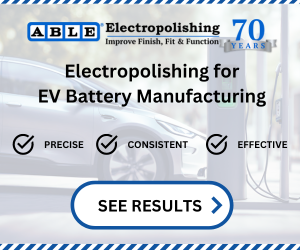US drivers will have to wait until 2015 to test-drive Mitsubishi’s Outlander plug-in hybrid, thanks to bottlenecks in battery production. The promising plug-in SUV went on sale in Japan last January, and has sold 8,100 units there, and 3,200 in Europe. The legacy gas version arrived in the US in July.
Mitsubishi President Osamu Masuko told Automotive News the problem is tight capacity at its main battery supplier, Lithium Energy Japan (LEJ), a joint venture between Mitsubishi and GS Yuasa. Until this fall, Mitsubishi was getting only 2,000 battery packs a month from LEJ, but production is expected to increase to 5,000 a month by April.
This isn’t the first problem Mitsu has had with batteries – defective batteries forced the company to recall more than 4,000 Outlander plug-ins and i-MiEVs in Japan in June. According to Automotive News, the bad batteries were prone to short-circuiting, some because they were dropped by workers, others because of a screening process that caused internal damage to the cells.
Despite official protestations to the contrary, we believe that Mitsubishi sees the US as its least promising market for plug-ins. Sales of the i-MiEV have been quite respectable in Europe and Japan, but almost non-existent in the US. It also seems telling that Mitsu’s electrified models were front and center at the Geneva Auto Salon, but at the Los Angeles Auto Show, they were hidden in a corner behind the big gas-guzzling SUVs.
Mitsubishi definitely has big electric plans, however. It recently unveiled a three-year business plan that includes plug-in versions of the Outlander Sport compact crossover and Pajero SUV, to be launched by the spring of 2017. The company has also signed a deal with the Nissan-Renault Alliance to cooperate on developing a future compact EV and electrified drivetrain technologies.
Source: Automotive News


















































